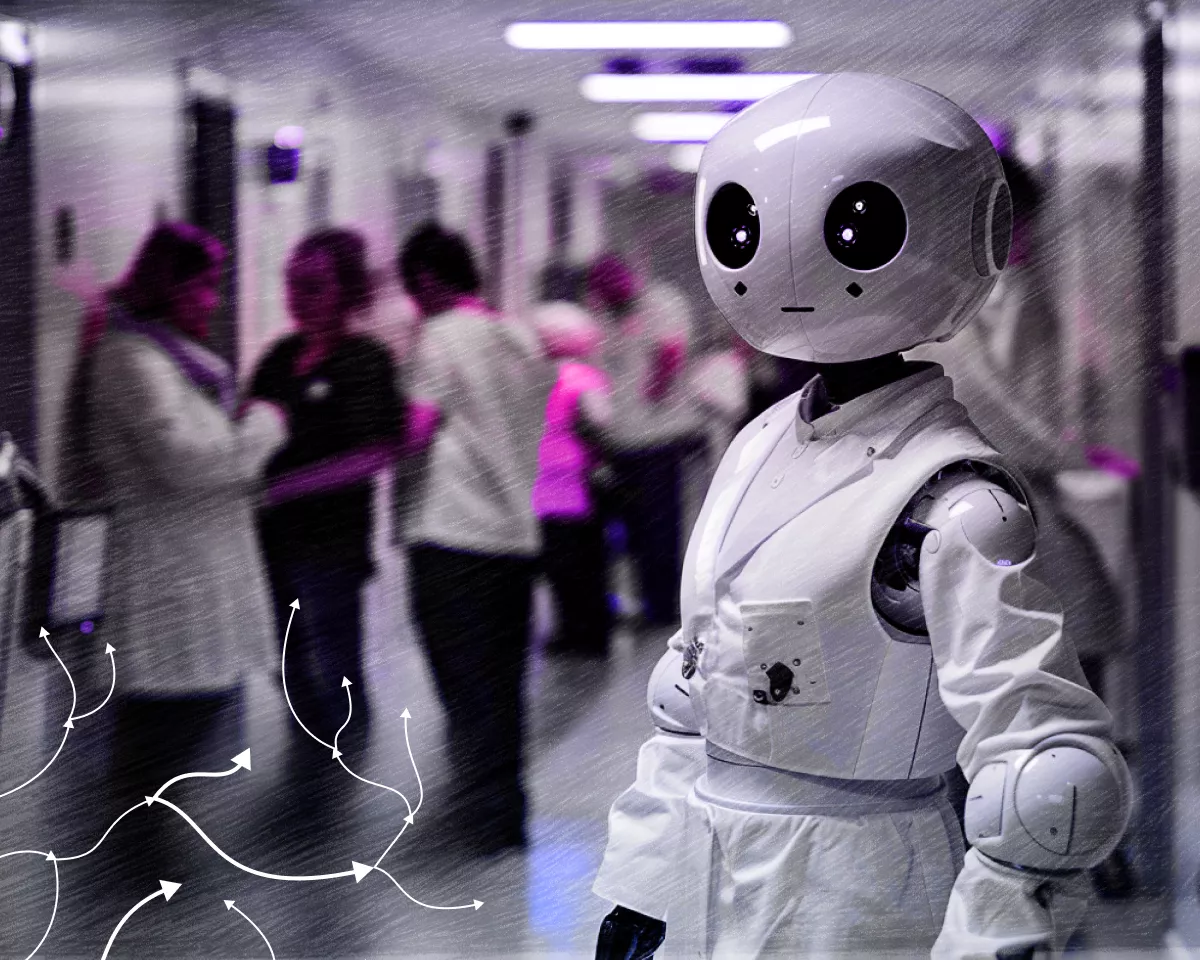Researchers from the University of Florida have created an AI system that effectively tracks the progression of Parkinson's disease by the movement of patients' hands.
Scientists have taught artificial intelligence to analyze the rapid tapping of the thumb and index finger. The neural network is able to detect even subtle changes that are difficult for a person to see. Thanks to this, she performs diagnostics accurately and effectively.
"The beauty of this technology is that the patient can record himself during the test, and the software analyzes the recording and informs the doctor about his movement so that the specialist can make decisions," said Associate Professor Diego Guarin, who developed the technology.
The patient performs a finger tapping test with Michael Jaffee, Head of the Department of Neurology at the University of Florida. Data: University of Florida.Parkinson's disease affects the brain and causes slowness of movement, tremors, stiffness of the body, speech changes, difficulties with balance and coordination. Symptoms appear slowly, and doctors rely on a series of exercises to identify and assess the severity of the disorder.
The AI system has determined the exact time for squeezing and unclenching fingers for healthy and sick people.
"This is new information that is almost impossible to obtain without video and a computer. It shows that technology can help better characterize the effect of Parkinson's disease on movement and provide new markers to help assess the effectiveness of therapy," commented Guarin.
The neural network was trained using large amounts of video data. Currently, a mobile application is being developed on its basis, which will allow people to independently diagnose the disease at home.
Previously, a new artificial intelligence model was able to detect 13 different types of cancer with 98.2% accuracy based on DNA data from tissue samples.
In July, the AI system was taught to predict Alzheimer's disease with 70% accuracy seven years before the diagnosis was confirmed and 80% within a year.
Recall that in 2022, Canadian scientists created an ultra-sensitive AI biosensor capable of detecting brain cancer from a drop of blood.
